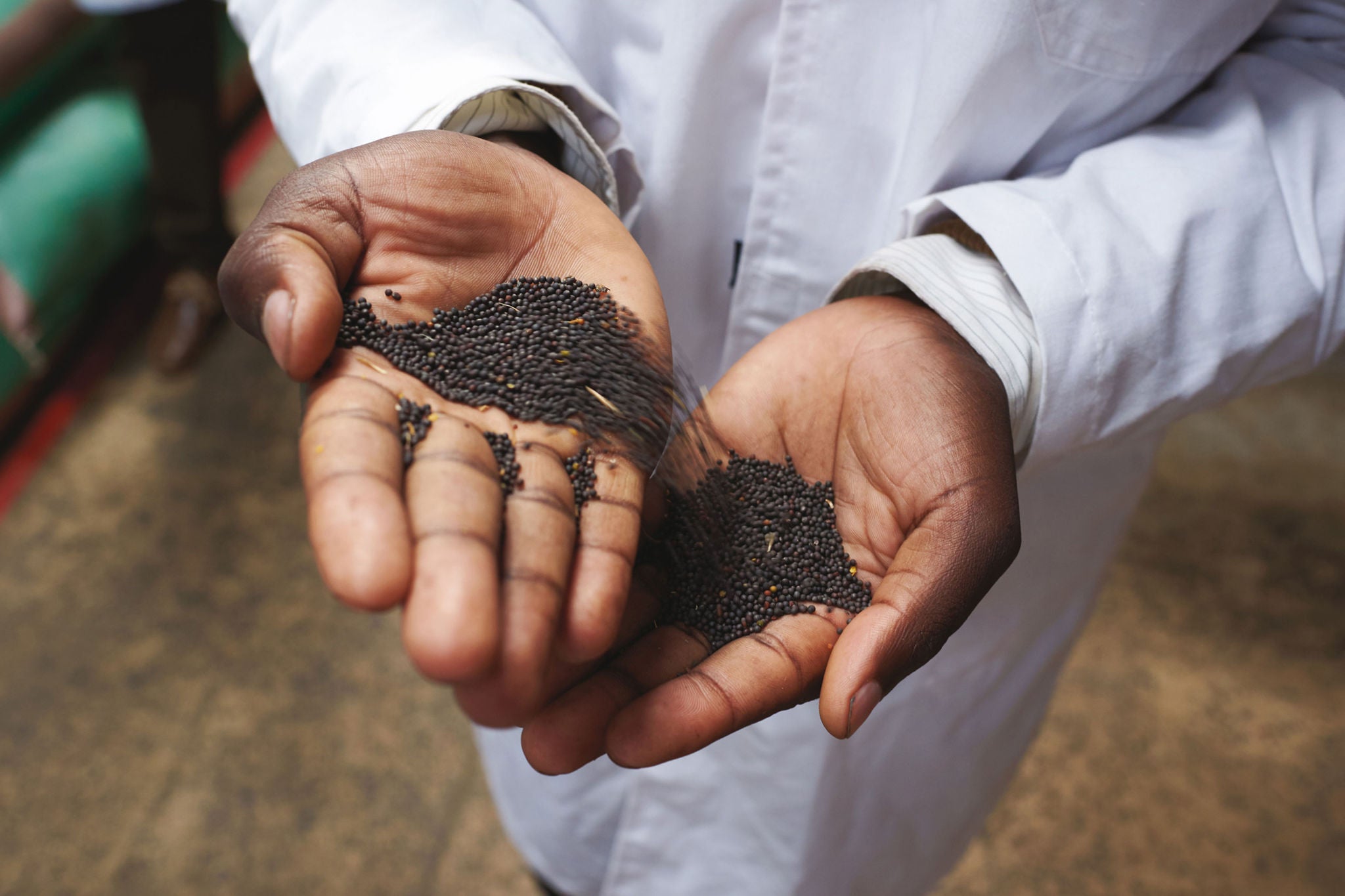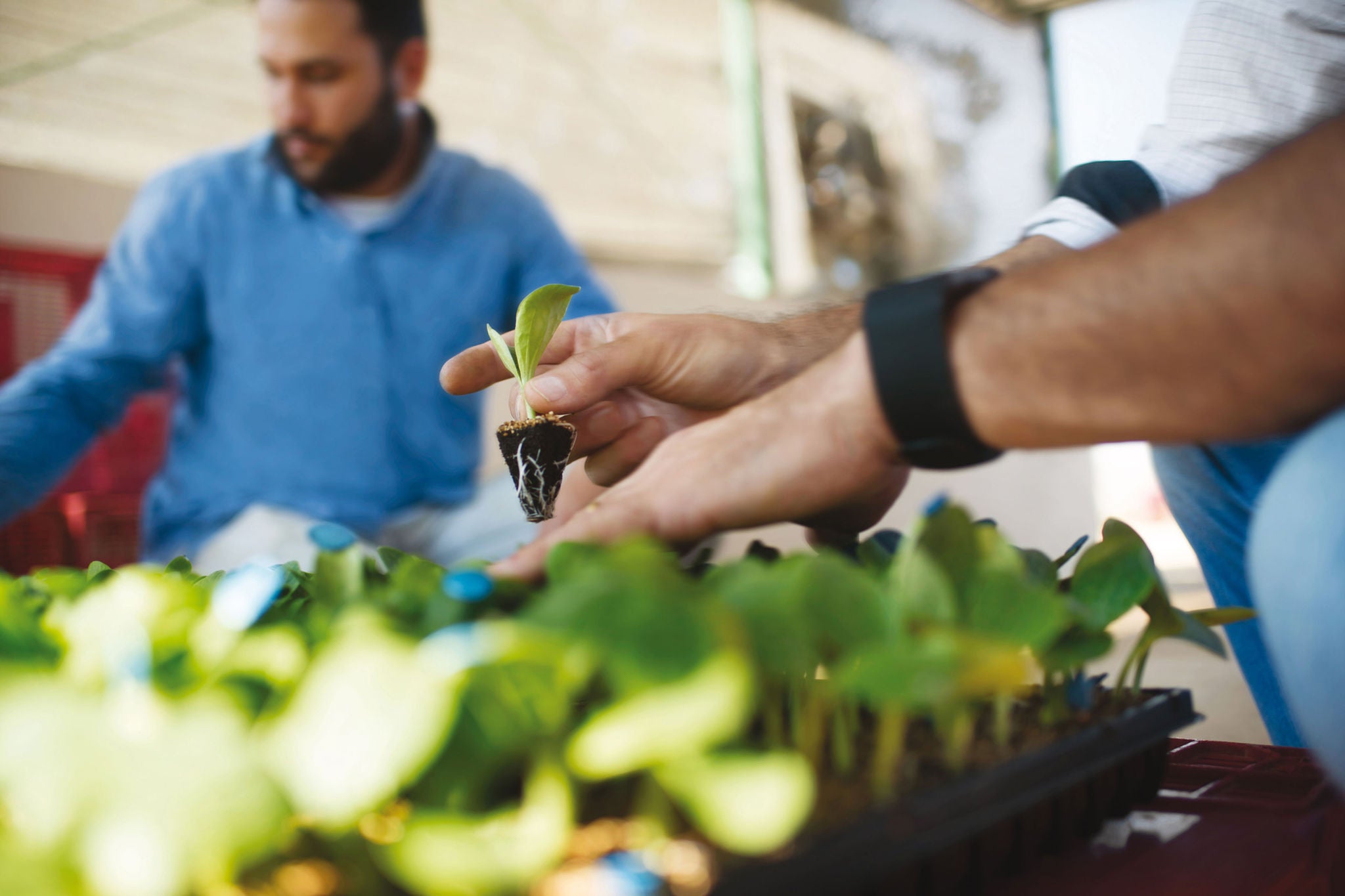EY refers to the global organization, and may refer to one or more, of the member firms of Ernst & Young Global Limited, each of which is a separate legal entity. Ernst & Young Global Limited, a UK company limited by guarantee, does not provide services to clients.
How EY can help
-
EY.ai, a platform that unifies human capabilities and artificial intelligence to help you confidently adopt AI. Learn more.
Read more
Offerings consist of a vast array of seeds and traits, crop protection products, and digital solutions for agriculture. In addition, BCS provides comprehensive customer service through its field teams and distribution partners, helping farmers make more informed decisions through expert advice on product features, performance and use.
In relentless pursuit to expedite the provision of this highly specialized information to its agronomic advisors and subsequently farmers, BCS is determined to unlock the potential of generative AI (GenAI).
"We recognize that AI holds tremendous potential to assist our agronomists to positively impact farmers worldwide," says Dan Kurdys, Global Business Lead, GenAI at BCS. “As a company, we have tremendous depth and breadth of agronomic knowledge, but convenient synthesis of that knowledge to specific needs has been a challenge. Farmers turn to us, as a trusted advisor, to help them answer questions. Typically, accurate answers require years of specialized expertise or consulting reference manuals,” he says.
GenAI has helped organize the agronomic knowledge in a way that makes retrieval easy and accessible.
“We are confident we can train GenAI models on our agronomic and product knowledge and empower our people to answer a vast majority of agronomy and product questions faster and more completely than ever before. This can revolutionize the way we serve our customers, allowing us to both build our institutional knowledge and make highly technical information readily available to our employees, partners and customers."
BCS enlisted the help of Ernst & Young LLP (EY) professionals to help create a proof-of-concept (POC) GenAI system. The goal was to help enable Bayer's agronomic advisors to quickly access a wide range of technical knowledge.









